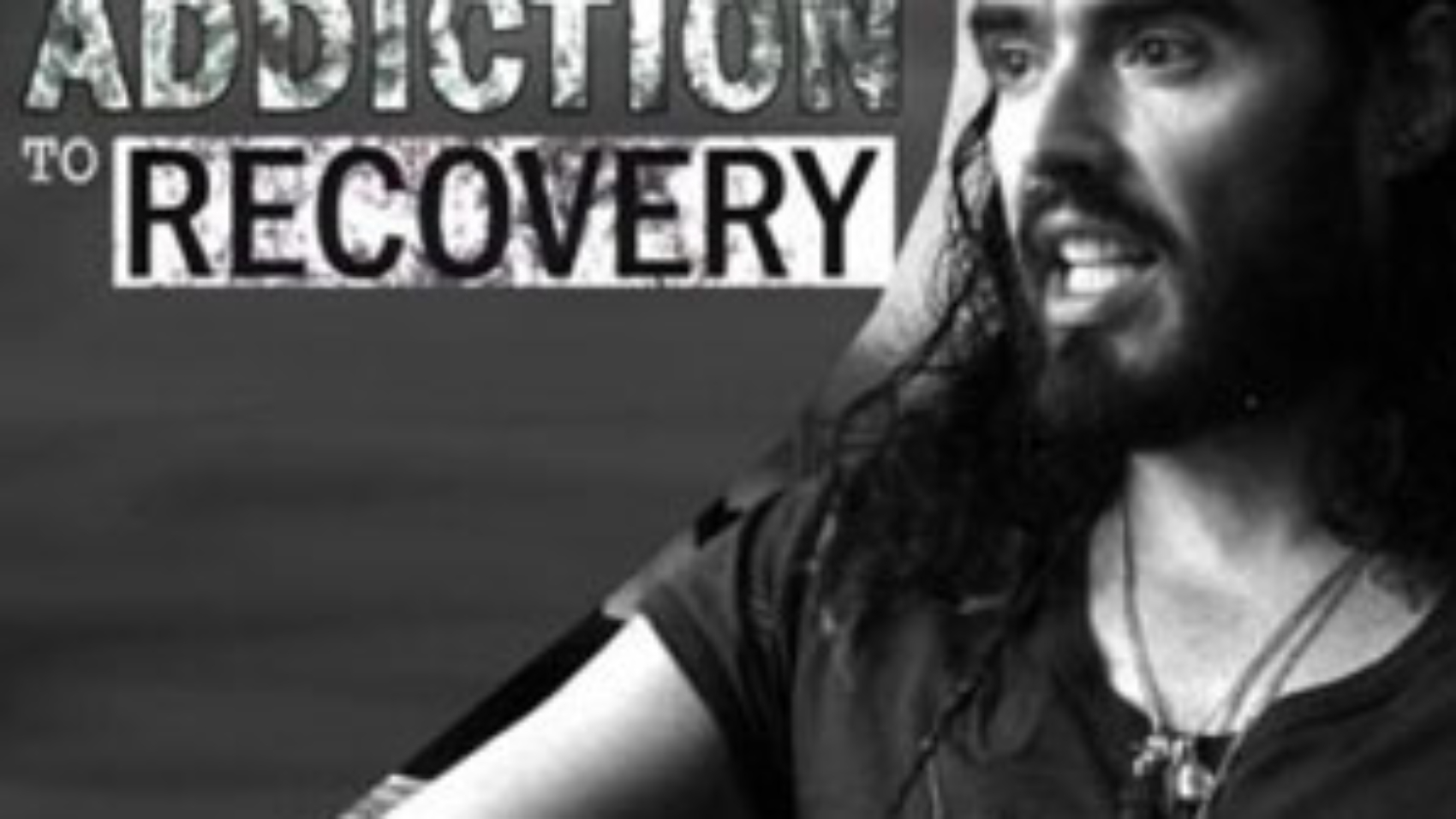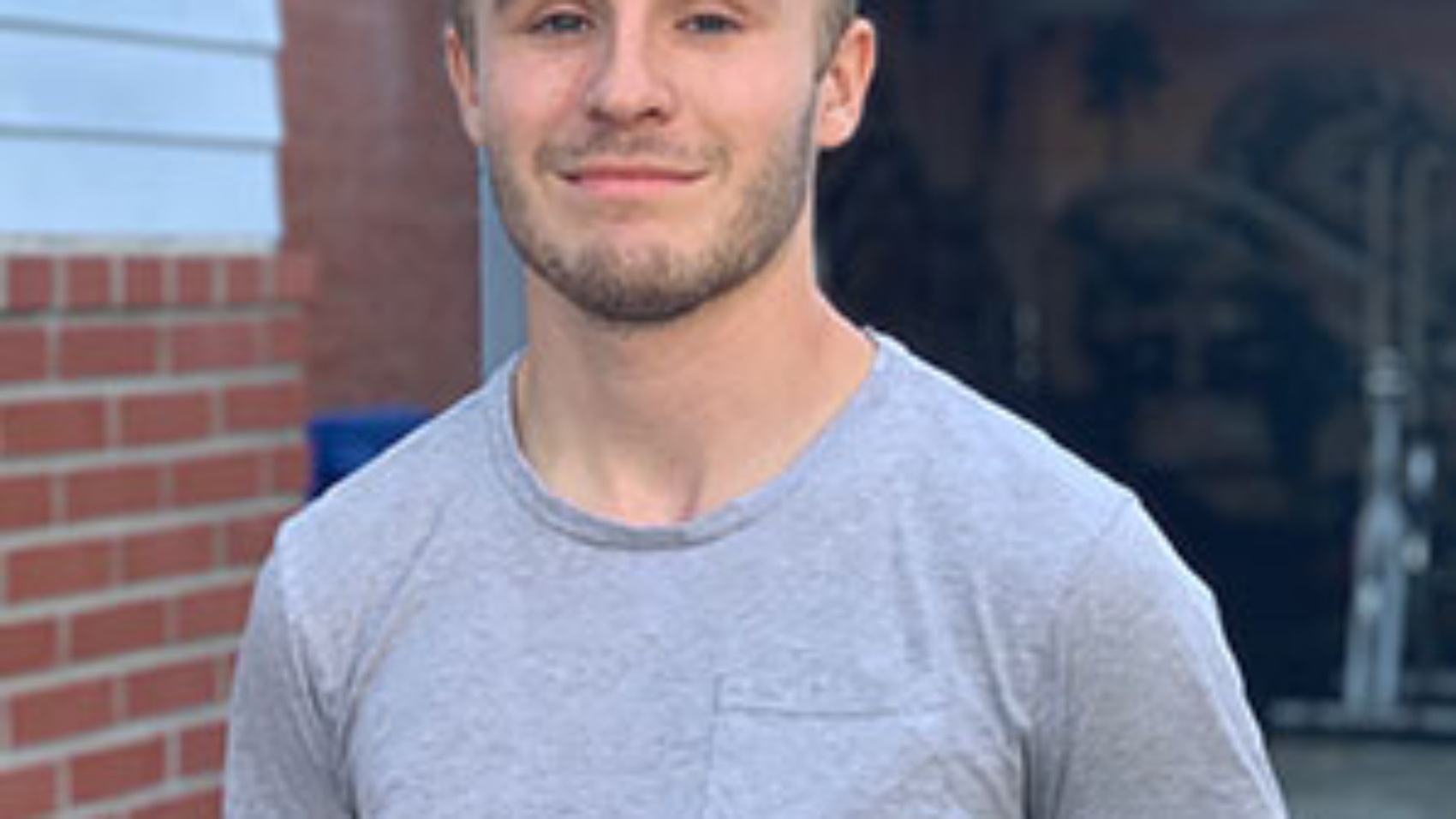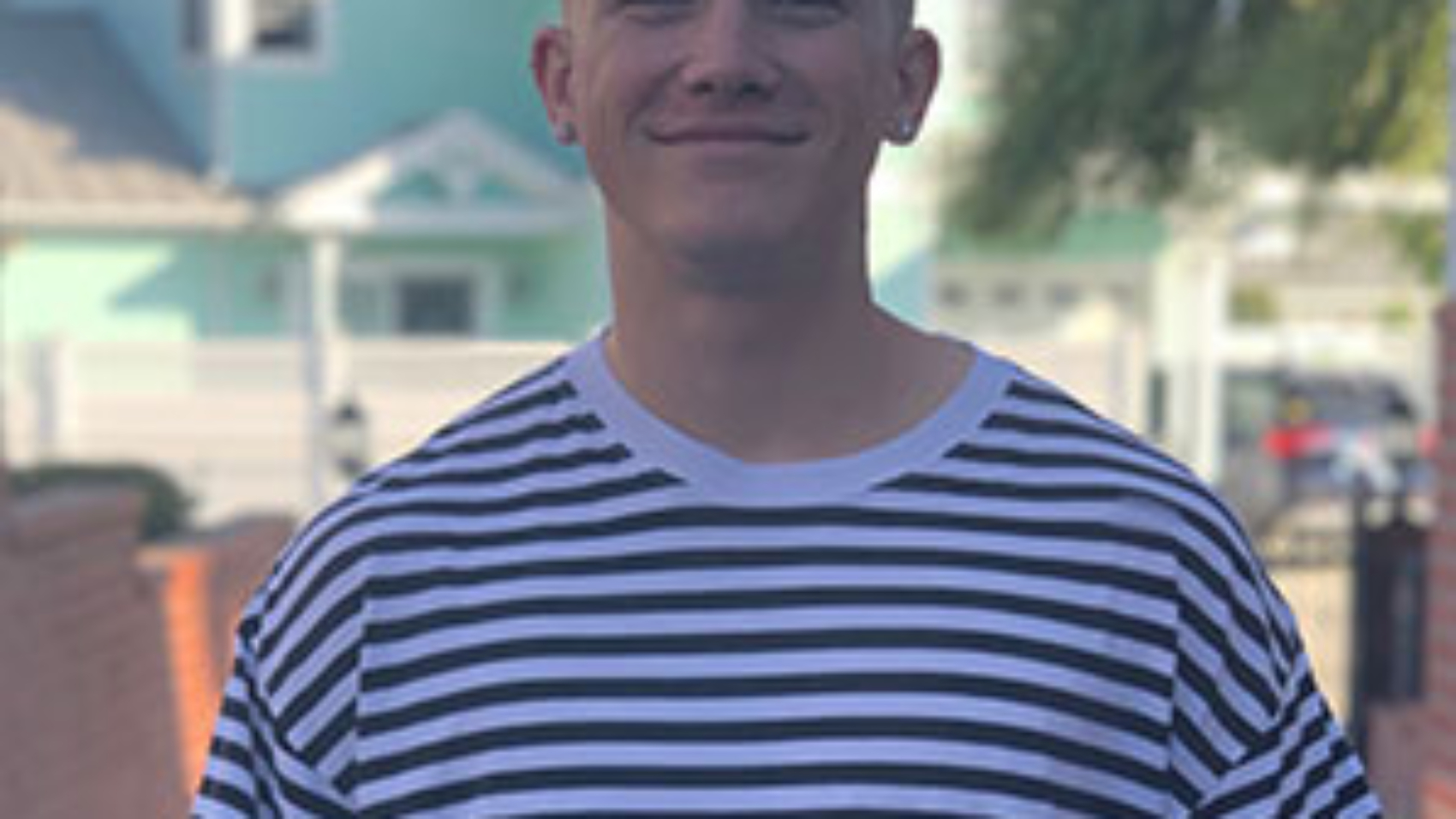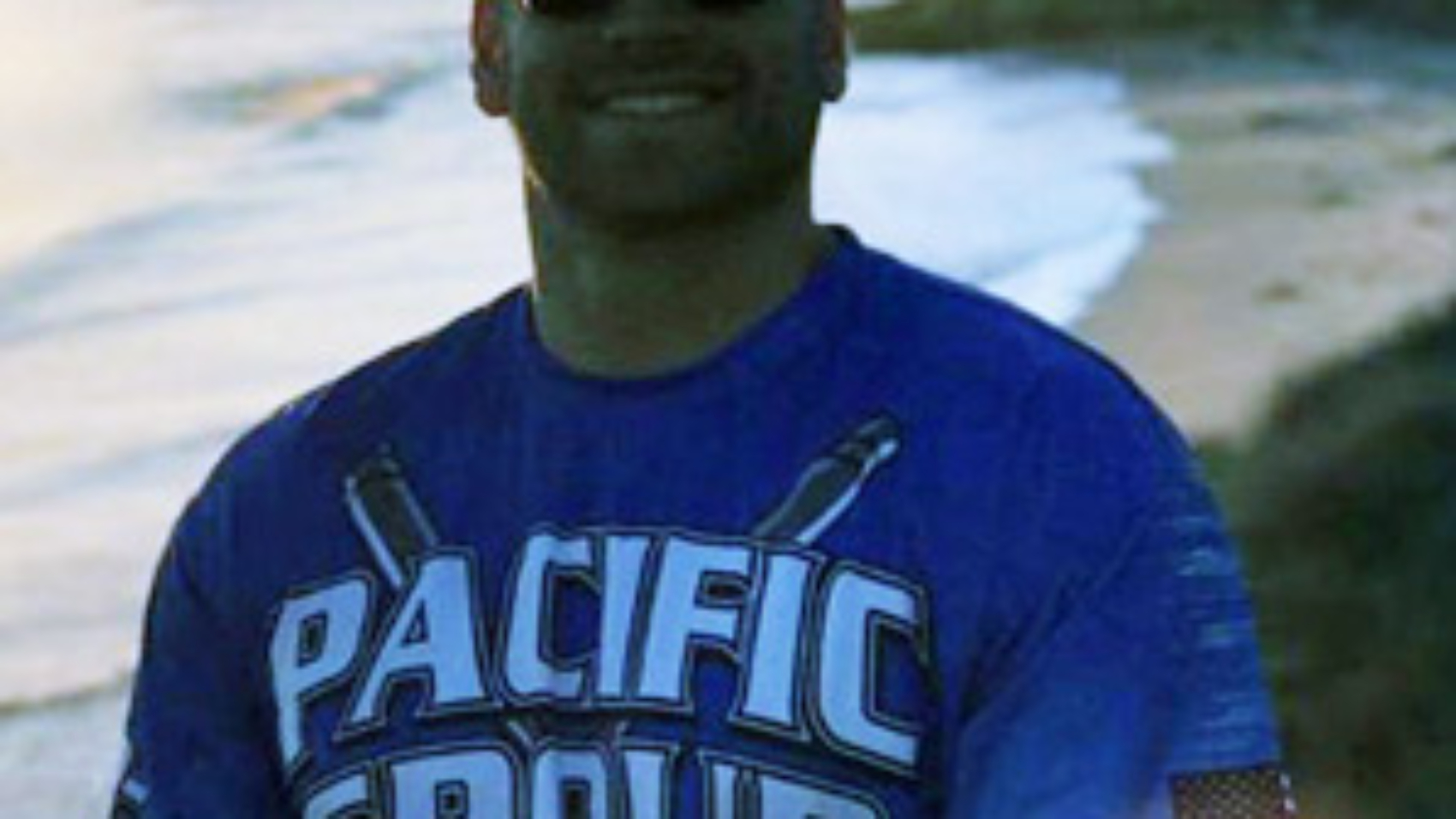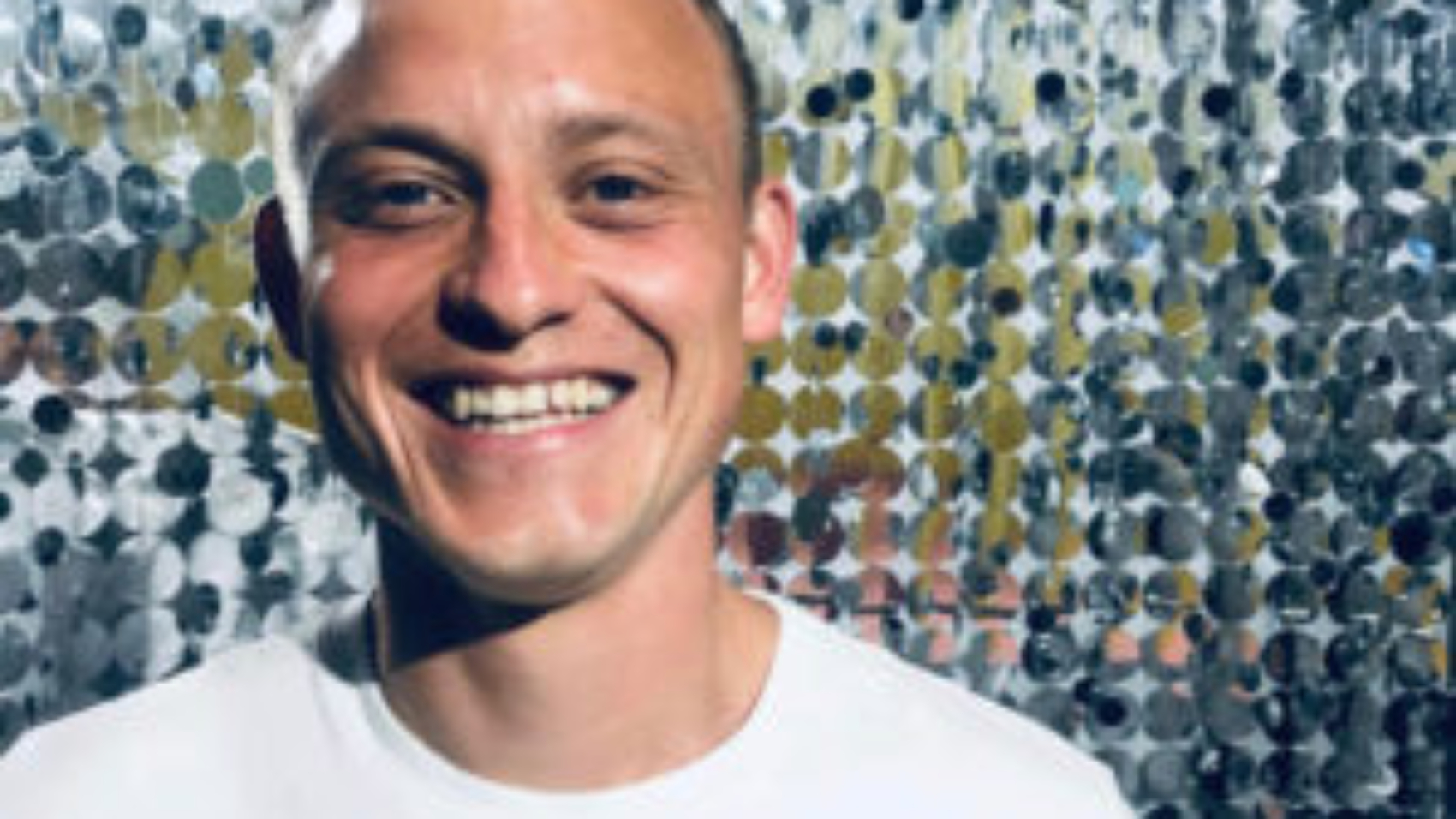
Best Addiction Documentaries for Teens
In the mainstream media drug and alcohol use can often be portrayed as normal or even glamorous and teens are impressionable, especially when their favorite stars can be seen using them and having fun. Documentaries can add some much needed realism into the view of drugs in a world which rarely looks at the negative aspects of substance abuse and focuses on the so-called benefits.
On the occasions when the mainstream media does show the consequences of substance/alcohol abuse this is often seen as a normal consequence of ‘having a good time’, rather than something that can be dangerous and even life-threatening. This constant stream of sanitized images of drug and alcohol use is a worrying source of misinformation which does not address growing concerns about the use of these substances in young adulthood.
Fortunately, outside of the mainstream there is a lot of good information available on streaming services which provide access to a lot of useful and interesting documentaries. Here are some of the best addiction documentaries:
Russell Brand: From Addiction to Recovery

Russell Brand holds nothing back when he discussed his own struggles with drugs/alcohol. The actor is known for his comedic acts and has played several roles where the character is using drugs or alcohol. Brand took the decision to take control of his addictions when he was told he faced death, insanity or jail. Brand argues that governments and other agencies often misunderstand addiction, treating it as a criminal activity rather than the disease that it is. He also looks at some alternative ways of dealing with the issue of addiction in general.
Marijuana: A Second Class Addiction (David Goldenkranz)

This documentary follows the life of 22 year old David Goldenkranz as he struggles to quit marijuana and looks at the common misconception that marijuana is non-addictive. This documentary is more relevant than ever as the movement to legalize the drug grows both in the US and globally. In trying to quit the drug, David finds that his friends are not supportive and often ridicule him and he finds it increasingly difficult to break way from its use. The film doesn’t make a case for legalizing marijuana but it does present different viewpoints on the subject and includes interviews with people who have been treated for cannabis addiction.

Meth has a number of commonly used street names include glass, shard and ice and this documentary focuses on the problem of methamphetamine addiction, specifically issues faced with childhood addiction which is causing havoc in the small rural communities of Australia. Law enforcement has proven to be almost powerless in trying to turn back the tide and with a lack of resources many people seeking help, including children as young as fourteen, are being turned away from counseling as a result. The film is disturbing in its nature, showing how casual experiments leave kids addicted and becoming involved in criminal activities to manage an addiction which has largely destroyed their lives.

This documentary is unique in that the focus is on the life of a New York City couple who are addicted to heroin. The camera follows them as they go about their day activities; there is no narrative, no interviews, the viewer just watches the events as they unfold. There is nothing that escapes the camera lens; buying the drugs, shooting up and robbing others to fund their habit. Even the most disturbing moments of their lives are captured and displayed to the viewer. The film clearly shows how the couple’s life revolves completely around getting and using the drug to the exclusion of everything else.

Oxycontin is a helpful medication that helps those suffering from chronic pain achieve a better quality of life but, alongside this, it has also become a drug of addiction. Oxycontin has been promoted by the medial community because of its analgesic properties but, as t his documentary points out, many receive a lot of funding from the drug companies when they advocate the use of the drug. In recent years there has been an alarming increase in the recreation use of Oxycontin and in the incidence of overdose.

This is a compelling film in which a number of teens describe the near-death experiences they suffered as a result of drug abuse. These are teens that surprise the viewer by not fitting into the sort of stereotype we are often presented with when it comes to substance abuse. The teens in this documentary are athletes, top students and other high performers which highlights that drug and alcohol abuse is something anyone can fall victim to. The students tell their stories of comas, overdose, losing control and the drugs they have taken – ranging from cannabis, to alcohol to prescription drugs and how they fell into the downward spiral of addiction.

In this documentary we meet Ben who was brought up in a middle-class home with a loving family. With his upbringing Ben was heading for success but instead he ended up succumbing to heroin addiction. In the video diary that Ben kept the viewer sees the real life effects of the drug on this promising young man. Ben was shooting up around four times a day and eventually his veins became useless leading to scenes where Ben is having to inject heroin into the veins in his groin. The viewer watches Ben on the phone as he mixes his hit while telling the caller he is now clean. Ben’s attempts to get clean, his motivations and how the drug simply took him over makes this documentary hard to watch.
Young Adults are more Susceptible to the Influence of Pop Culture
In the Movies
In movies the use of drugs and alcohol is glorified; there are no consequences with users often shown as cool, popular and successful people. For example, in the movie Superbad a group of somewhat geeky misfit teens want to be cool and get the girls. The film’s focus in on the comedy of the situation and some of the embarrassing things that happen when you drink to much. Sadly, like many others it avoids the real concerns, for example, the effects of alcohol poising, the risk of sexual assault or accidents. That is why we made a list of the best addiction documentaries which show the ugly truth about addiction.
In Music
Music has always been an arena where drug and alcohol abuse is celebrated. It is still perceived as ‘cool’ and there are many songs that extol the virtues of partying hard and getting high. Some songs will mention specific drugs and, as a result, increase their popularity.
Even if someone listens and is not consciously influenced to try a drug they remain part of a culture that sees substance use as normal and acceptable. It can mean that teens are less likely to refuse or feel under pressure to try substances which then lead them down the path of addiction.
The Unique Challenges of Young Adults
It is obviously a major challenge to counter the influence that pop culture and social media have on teens. They are at an age where they are going through a rapid stage of physical and psychological growth and personality development and facing increasing responsibilities in their lives. This is what makes them much more susceptible to media influence than their adult counterparts and should receive treatment away from older addicts.
At The Last House we have extensive experience of treating teens/young adults who are struggling with substance abuse and addiction. If you would like to know more or are looking for help for yourself or a young adult, please get in touch via our contact form or ring our team.

